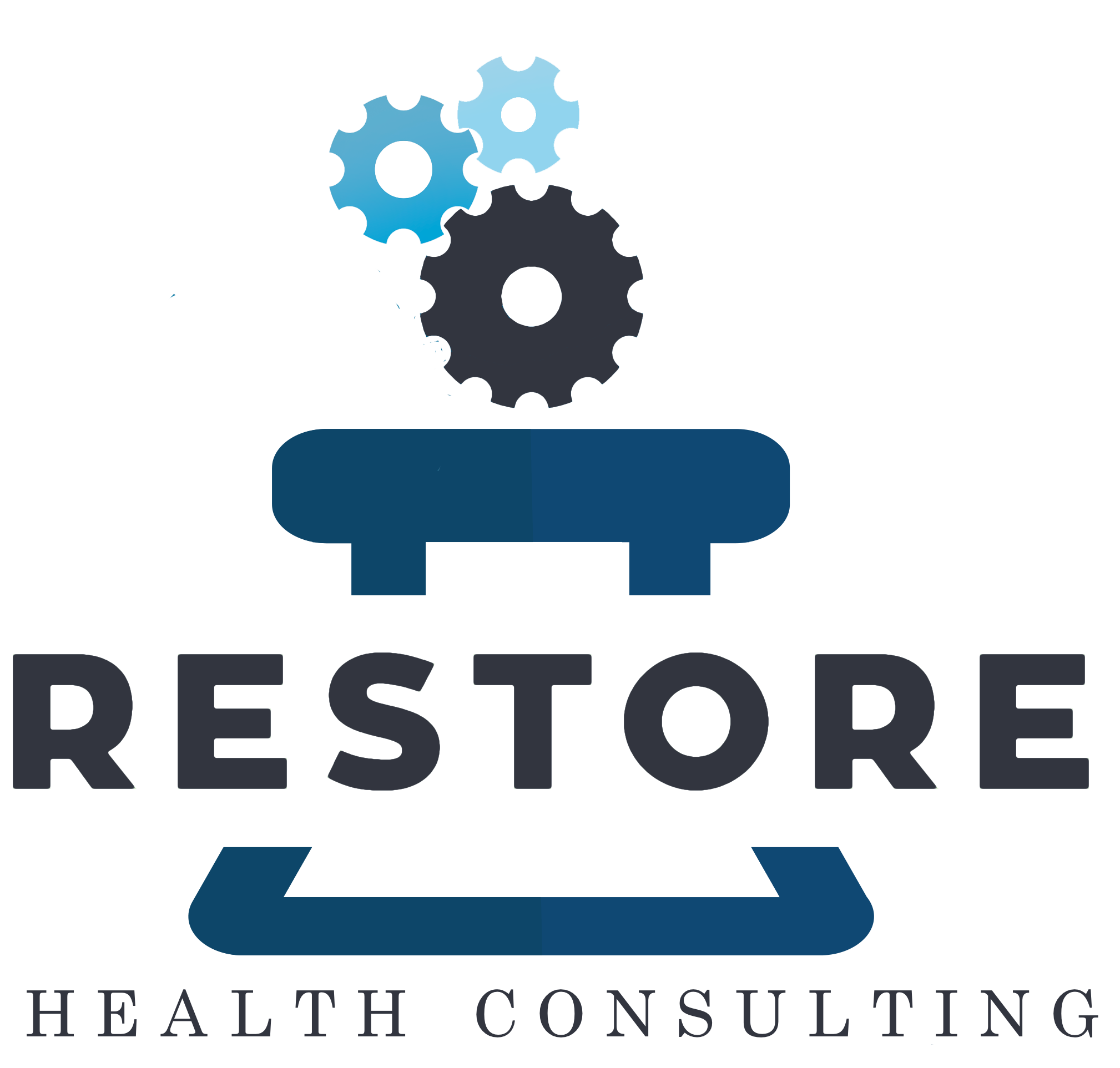Which Makes More Sense - Employ GMP Validation Personnel or Engage a Third-Party?
In the bio/pharmaceutical, advanced therapy medicine, and 503B compounding industries, adhering to Good Manufacturing Practice (GMP) standards is essential to ensure product quality and regulatory compliance. A critical component of GMP is the validation of facilities and equipment, which confirms that manufacturing processes consistently produce products meeting predetermined quality criteria. Companies often face the decision of hiring in-house validation personnel or engaging third-party consultants for these tasks. While both approaches have merits, outsourcing validation activities to specialized consultants frequently emerges as a more cost-effective and efficient solution.
Cost Considerations:
Employing full-time validation staff entails ongoing expenses, including salaries, benefits, training, and overhead costs. In contrast, third-party validation consultants typically charge higher hourly rates; for instance, the average hourly pay for a validation individual in the United States is approximately $73.70. However, validation activities are often periodic—such as facility commissioning and cleanroom EMPQ at start-up and annual equipment qualifications or process validations during new product introductions. Given this sporadic nature, maintaining full-time validation employees may lead to underutilization of resources, making it less cost-effective than engaging consultants on an as-needed basis.
Expertise and Experience:
GMP validation consultants bring extensive, specialized experience from working with diverse clients and systems. Their daily involvement in writing protocols and executing validation activities equips them with up-to-date knowledge of regulatory requirements and industry best practices. This depth of experience enables them to design and implement validation processes efficiently and effectively. Conversely, in-house personnel who infrequently perform validation tasks may lack this level of expertise, potentially leading to inadequately designed validation activities. Such deficiencies can result in non-compliance issues, product quality problems, and costly remediation efforts.
Regulatory Compliance and Risk Management:
Ensuring that validation activities meet regulatory standards is paramount. Non-compliance can lead to severe consequences, including product recalls, legal penalties, and reputational damage. Third-party consultants, who are well-versed in current GMP regulations and have experience with regulatory inspections, can help companies maintain compliance and effectively manage associated risks. Their external perspective allows for unbiased assessments and the implementation of best practices tailored to the company's specific needs.
Operational Flexibility:
Outsourcing validation services provides companies with the flexibility to scale resources up or down based on project demands. This adaptability is particularly beneficial for small to mid-sized firms that may not have the workload to justify full-time validation staff. By engaging consultants, companies can access the necessary expertise precisely when required, optimizing resource allocation and controlling costs.
Training and Continuous Improvement:
According to 21 CFR 211.25, personnel involved in drug manufacturing must have appropriate education, training, and experience. Third-party consultants often provide training services, ensuring that in-house staff remain knowledgeable about GMP requirements and current industry standards. This ongoing education fosters a culture of continuous improvement and helps maintain compliance.
Conclusion:
While hiring in-house validation personnel offers the advantage of having dedicated staff familiar with company-specific processes, the periodic nature of validation activities, coupled with the need for specialized expertise, often makes third-party validation services a more cost-effective and efficient choice. Engaging experienced GMP validation consultants not only ensures compliance and mitigates risks but also provides operational flexibility and access to the latest industry best practices, ultimately supporting the company's commitment to quality and regulatory adherence.
Looking for a GMP Validation Partner?
If you’re ready to bring quality to the center of your 503B or advanced therapy operations, consultants at Restore Health Consulting LLC can help with:
Equipment IQ/OQ/PQ Protocols, Execution, & Reports
Utility Systems
Cleanroom EMPQ (Environmental Baseline Study)
Cleaning Validation
Disinfectant Efficacy Study
21 CFR Part 11 Computer System Validation (CSV)
Audits & Gap Assessments
GMP Training
And More
Disclaimer:
The information provided on this website does not, and is not intended to, constitute legal advice; instead, all information, content, and materials available on this site are for general informational purposes only. Information on this website may not constitute the most up-to-date legal or other information. Readers of this website should contact their attorney to obtain advice with respect to any particular legal matter.
